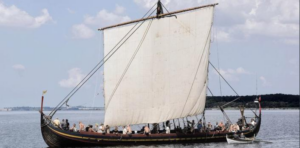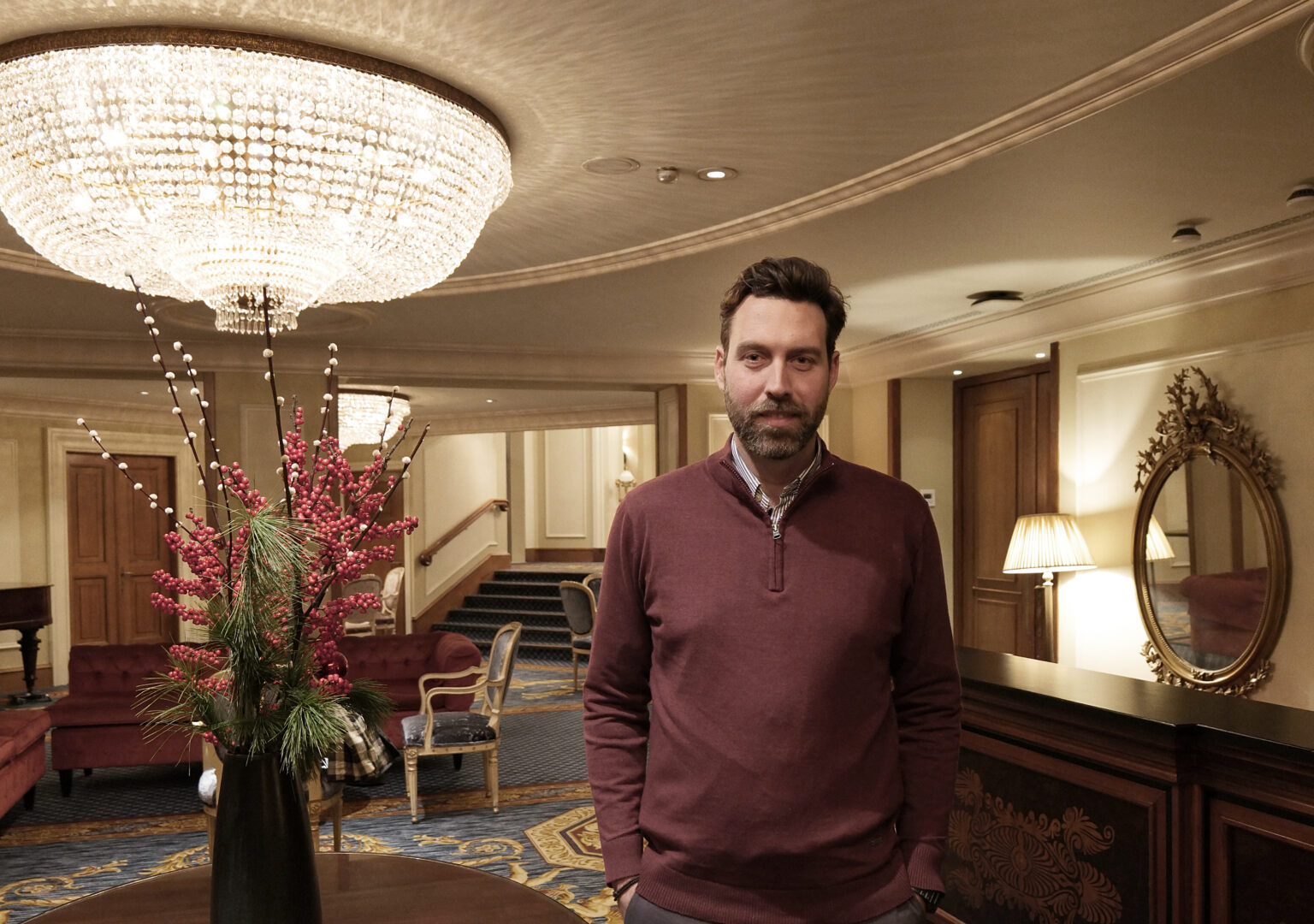The Viking age, spanning the 8th to 11th centuries AD, left a lasting mark on the genetics of today’s Scandinavians, according to scientists who also documented the outsized genetic influence of women who arrived in the region amid conquests by Norsemen in Europe.
A study published on Thursday explored the genetic dynamics of people in Norway, Sweden and Denmark dating back two millennia based on 297 genomes from ancient human remains and data from 16,638 modern Scandinavian men and women.
The findings provided insight into migration patterns and gene flow during the Viking age, when Norsemen journeyed from Scandinavia aboard timber longships, staged raids and monastic plundering across a wide region and even reached North America.
The “Flying-V” a fuel-efficient alternative to Jumbo Jets, flies for the first time
The study found that females from the east Baltic region and to a lesser extent the British and Irish isles contributed more to the gene pool of Scandinavia than the males from these regions during this period.
Read more: Reuters
Ask me anything
Explore related questions





